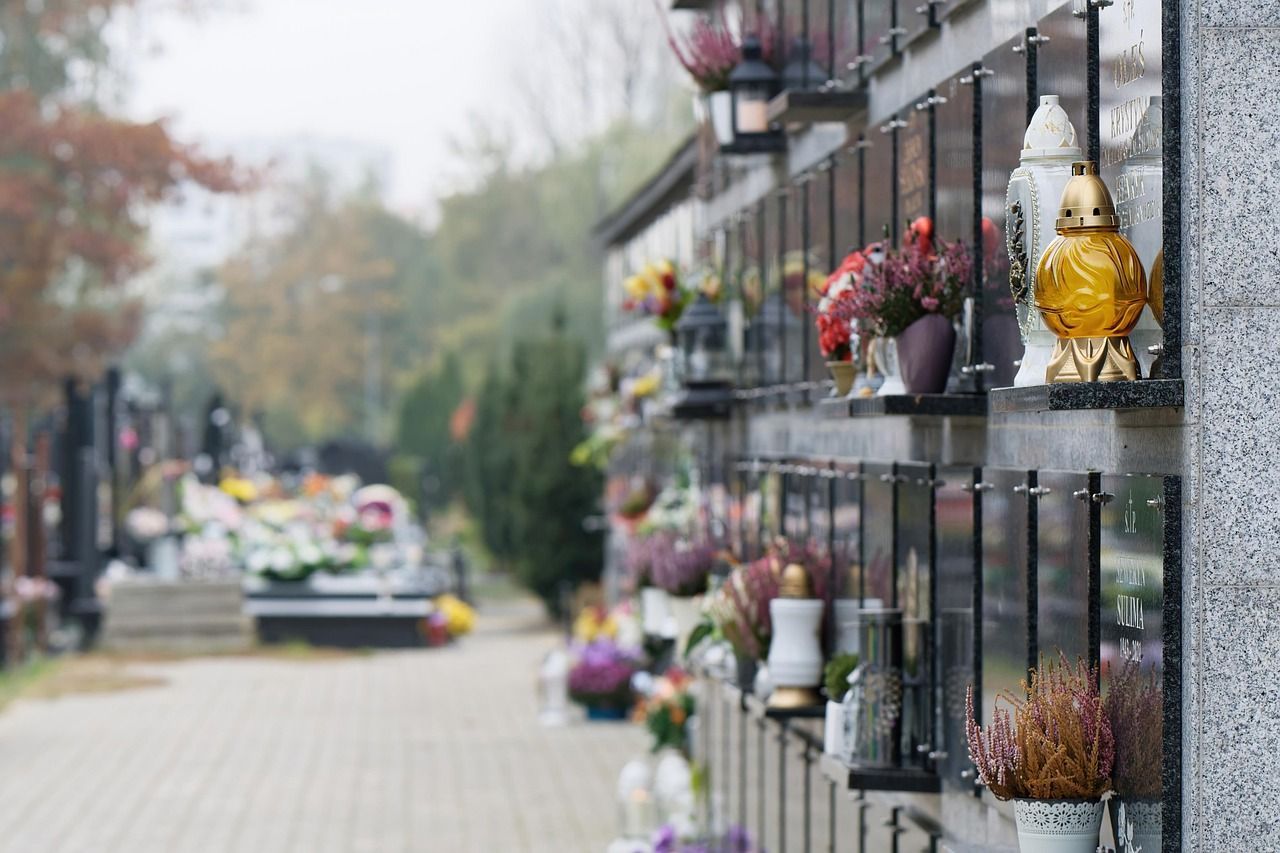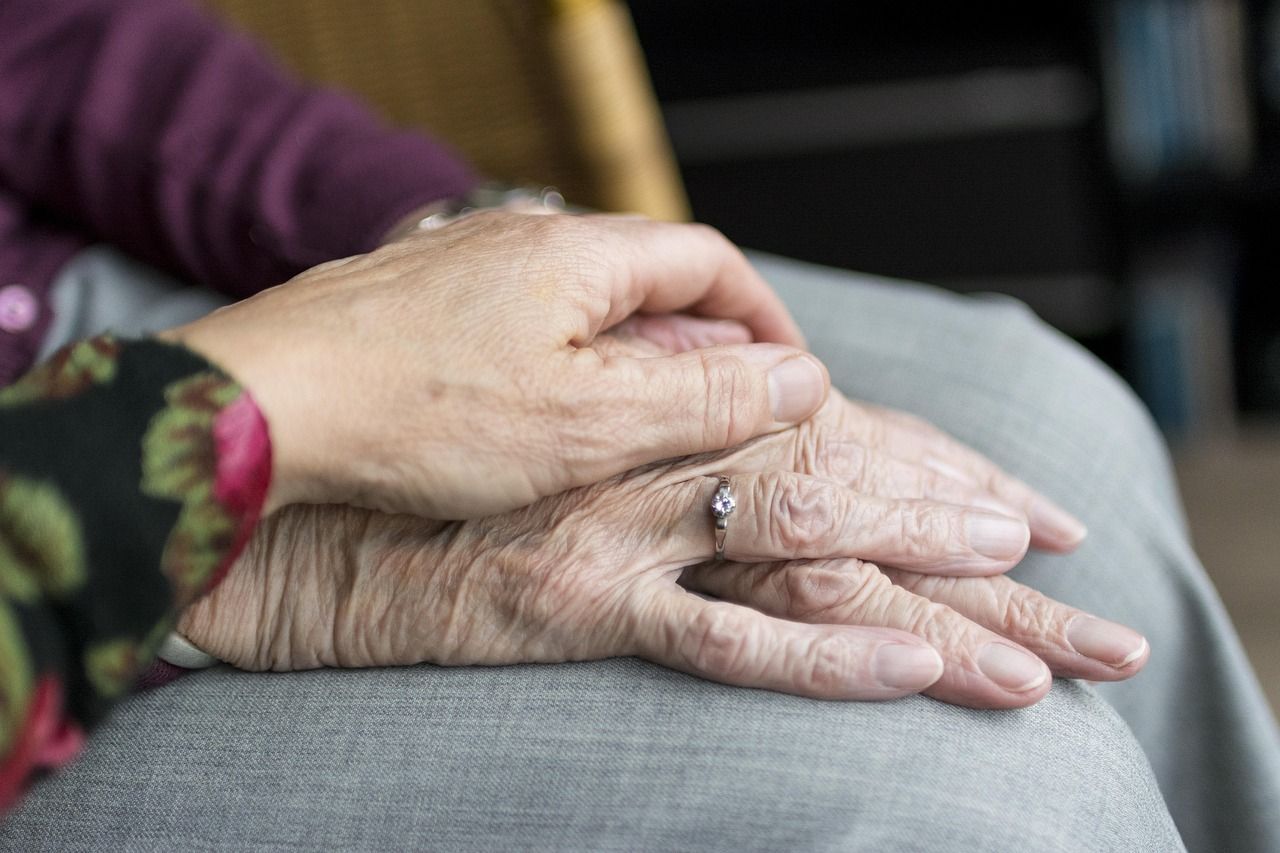Helping Children Understand and Cope With Grief
Helping children through grief means watching for changes. They might act out or pull away. Give them space to talk and express feelings. Art and play therapy can help. Keep routines steady for comfort. Listen without judging and share your emotions too. Create stability with clear boundaries. Nature, music, and mindfulness can soothe. It's a challenging process, but you can support them.
Key Takeaways
- Encourage open conversations to validate emotions.
- Provide tailored coping strategies for their needs.
- Establish routines for comfort and stability.
- Engage in therapeutic activities like art and play.
- Offer emotional support and a safe space for expression.
Recognizing Signs of Grief
If you're wondering how to identify the signs of grief in children, look for changes in their behavior, emotions, and routines. Children may exhibit sadness, irritability, or anger. They might withdraw from activities they used to enjoy or have trouble sleeping or eating. As a caregiver, it's important to offer emotional support and create a safe space for them to express their feelings. Encouraging open conversations and validating their emotions can help them cope with their grief.
When supporting children through grief, it's vital to provide coping strategies tailored to their needs. This could involve engaging in art therapy, where children can express themselves creatively. Art therapy allows them to process their emotions in a non-verbal way, promoting healing and self-expression.
Additionally, seeking professional guidance from counselors or therapists experienced in child grief can offer valuable insights and support.
Encouraging Open Communication
Encouraging open communication with children experiencing grief is essential for helping them navigate their emotions and feel supported during this challenging time. Parental involvement plays a significant role in creating a safe space for children to express their feelings. As a parent, you can initiate conversations about grief, using age-appropriate explanations tailored to your child's comprehension level. Encouraging open dialogue helps children understand and process their emotions effectively.
Creating a safe space involves actively listening to your child without judgment. Art therapy can be a powerful tool for children to express and cope with their feelings creatively. Encourage your child to draw, paint, or engage in other creative activities to help them communicate their emotions in a non-verbal way.
Additionally, sharing your feelings with your child can show them that it's okay to express emotions openly. By modeling healthy emotional expression, you can help your child feel more comfortable discussing their own grief-related feelings.
Providing Reassurance and Stability
To help your child cope with grief, ensuring a sense of reassurance and stability is crucial during this challenging time. Providing a stable environment and emotional support can greatly aid in your child's healing process. Here are some key strategies to help create a supportive and stable atmosphere for your child:
- Creating Rituals:
Establishing routines around activities that bring comfort and a sense of normalcy.
- Emotional Support:
Offering a safe space for your child to express their feelings and providing comfort through active listening.
- Art Therapy:
Engaging in art therapy activities to help your child express emotions creatively.
- Setting Boundaries:
Setting clear boundaries to provide structure and security.
- Establishing Routines:
Creating predictable daily routines to offer stability and a sense of security.
Engaging in Therapeutic Activities
Consider incorporating therapeutic activities into your child's routine to help them express and process their emotions in a creative and supportive manner.
Art therapy can be a powerful tool for children to communicate their feelings visually when words might be hard to find. Encourage your child to draw, paint, or use other artistic mediums to express what they're going through.
Play therapy is another effective method where children can act out scenarios with toys, helping them make sense of their encounters and emotions in a safe environment.
Nature exploration can also provide a calming and grounding effect. Spend time outdoors with your child, allowing them to connect with the natural world and find moments of peace and reflection.
Music therapy offers a unique way for children to express themselves through sounds and rhythms. Listening to or creating music can be soothing and help release pent-up emotions.
Moreover, mindfulness exercises, such as deep breathing or guided imagery, can assist your child in staying present and managing overwhelming feelings.
Addressing Questions and Misconceptions
When addressing questions and misconceptions about grief with your child, it is essential to provide honest and age-appropriate explanations to foster understanding and alleviate uncertainties. Explaining emotions, clarifying misconceptions, answering questions, supporting understanding, and addressing concerns are key aspects to focus on when guiding your child through the complexities of grief.
-Explaining Emotions:
Help your child identify and understand the different emotions they may be experiencing, such as sadness, anger, or confusion.
- Clarifying Misconceptions:
Address any misunderstandings your child might have about death, loss, or the grieving process to prevent unnecessary fear or anxiety.
- Answering Questions:
Encourage your child to ask questions openly and provide clear, simple answers to help them process their thoughts and feelings.
- Supporting Understanding:
Offer reassurance and comfort, letting your child know that their feelings are normal and that it's okay to grieve in their unique way.
- Addressing Concerns:
Address any worries or fears your child may have by listening attentively and validating their concerns, offering comfort and security during this challenging time.
Building a Supportive Network
Create a strong foundation of support by connecting with friends, family, and community resources during this challenging time. Seeking guidance is crucial as you navigate through grief. Turn to those you trust for emotional support, allowing yourself to express your feelings openly.
Peer connections can also be incredibly beneficial; talking to others who've gone through similar situations can help you feel less alone.
Remember, seeking professional help is a sign of strength, not weakness. Therapists or counselors can provide valuable support and guidance tailored to your needs. Don't hesitate to reach out for professional assistance if you feel overwhelmed or stuck in your grief path.
Additionally, community involvement can offer a sense of belonging and support. Engaging in community activities or support groups can connect you with others who understand and empathize with your situation. These connections can provide comfort and a safe space to share your emotions.
Honoring Memories and Celebrating Life
As you navigate through your grief path, honoring memories and celebrating life can serve as a comforting and uplifting way to cherish the past while welcoming the present. It's vital to find ways to honor the memories of your loved one while also celebrating the beauty of life that surrounds you.
Here are some ways to help you on this venture:
- Creating Rituals:
Establishing rituals can provide a sense of continuity and connection to the past. Whether it's lighting a candle on special occasions or visiting a favorite spot, these rituals can honor the memory of your loved one.
- Sharing Stories: Talking about your loved one and sharing stories with others can help keep their memory alive. It allows you to reminisce about the good times and find solace in the shared experiences.
- Embracing Emotions:
Allow yourself to feel a range of emotions, from sadness to joy. Embracing these feelings is a vital part of the healing process and can help you find peace amidst grief.
- Finding Meaning: Seek out the lessons and values your loved one imparted on you. Finding meaning in their life and legacy can bring a sense of purpose and understanding to your own venture.
Frequently Asked Questions
How Can I Help My Child Deal With Survivor's Guilt?
You can support your child through survivor's guilt by exploring therapy options, encouraging open communication, seeking community support, engaging in self-care activities, and teaching coping mechanisms. Your presence and understanding are crucial.
What Are Some Age-Appropriate Grief Resources for Kids?
For age-appropriate grief resources for kids, consider storybooks to initiate conversations, art therapy for self-expression, play therapy for emotional release, support groups for connection, and memory boxes for cherished keepsakes. These tools can help children cope with loss.
Is It Normal for Children to Regress in Their Grief Process?
Feeling like a rollercoaster ride, it's normal for kids to regress during grief. Emotional triggers may spark regression signs as they navigate grief stages. Provide comfort, understanding, and parental support to help them cope.
How Can I Support My Child in Coping With Anniversaries?
On anniversaries, support your child by creating traditions, sharing memories, and seeking therapy or art therapy. Encourage communication and offer comfort. Remember, seeking support from loved ones or professionals can make a difference in coping.
What Role Do Rituals Play in Children's Grieving Process?
Rituals and healing are crucial in children's grieving process. Childhood grief ceremonies, coping with loss rituals, and kids' mourning traditions offer comfort and structure. These rituals help kids express emotions and navigate grief in a meaningful way.
To sum up, by actively listening to children and providing them with a safe space to express their emotions, you can help them navigate the complexities of grief.
For instance, by encouraging a child to create a memory box filled with mementos of their loved one, you can help them honor their memories and find comfort in remembering the good times.
Your support and understanding are crucial in guiding children through their grief path with compassion and empathy.











